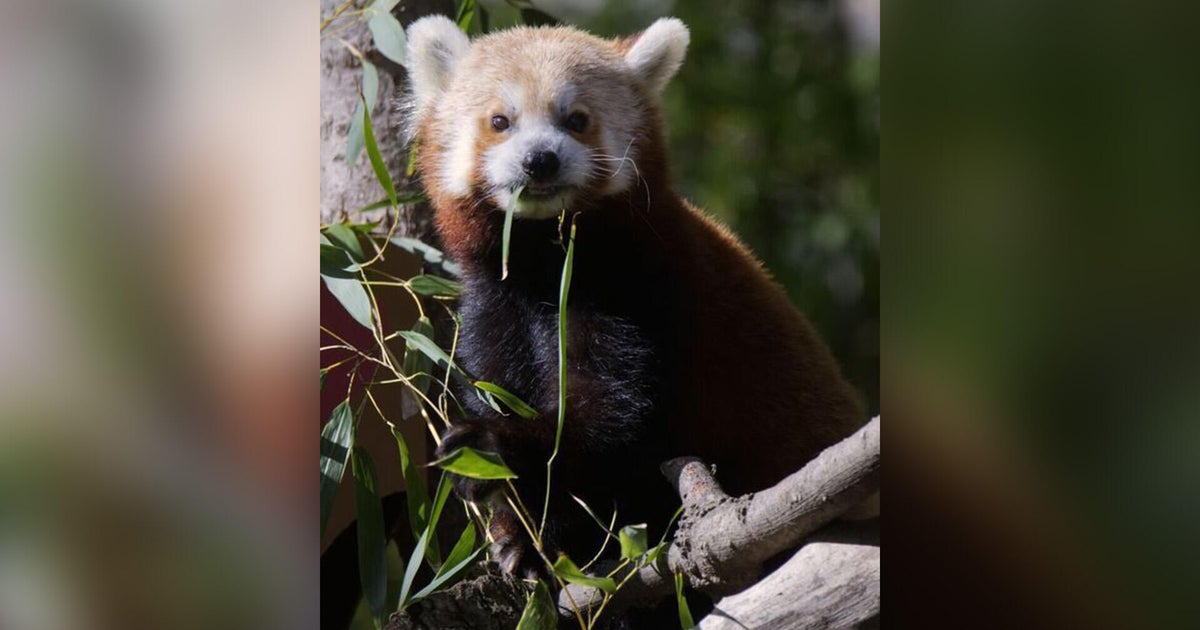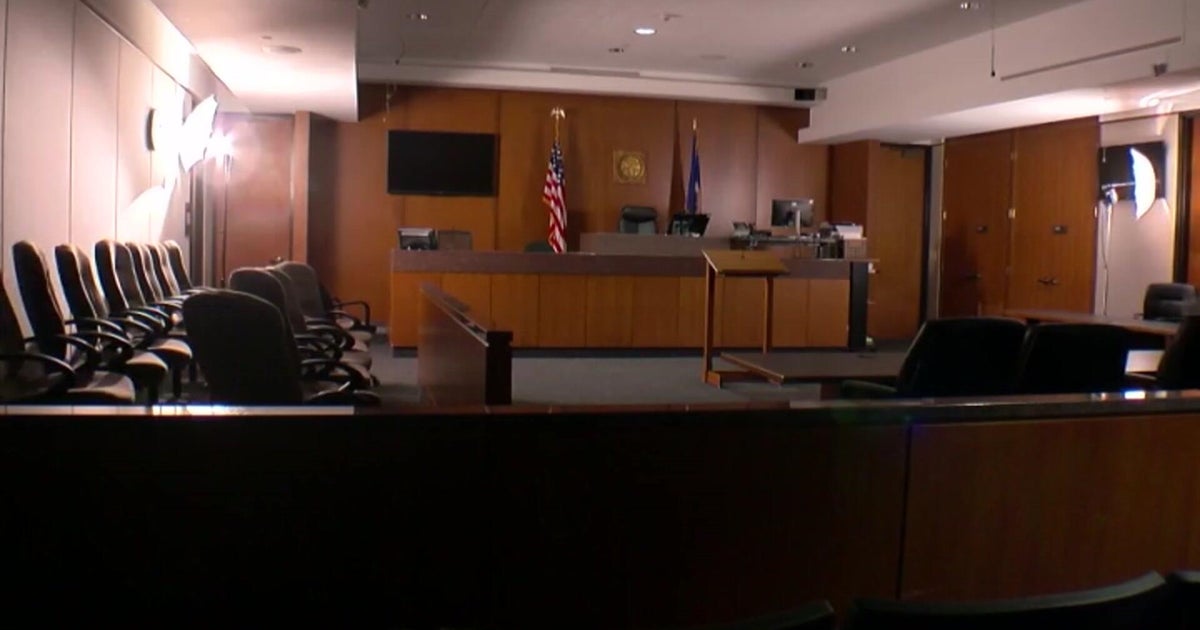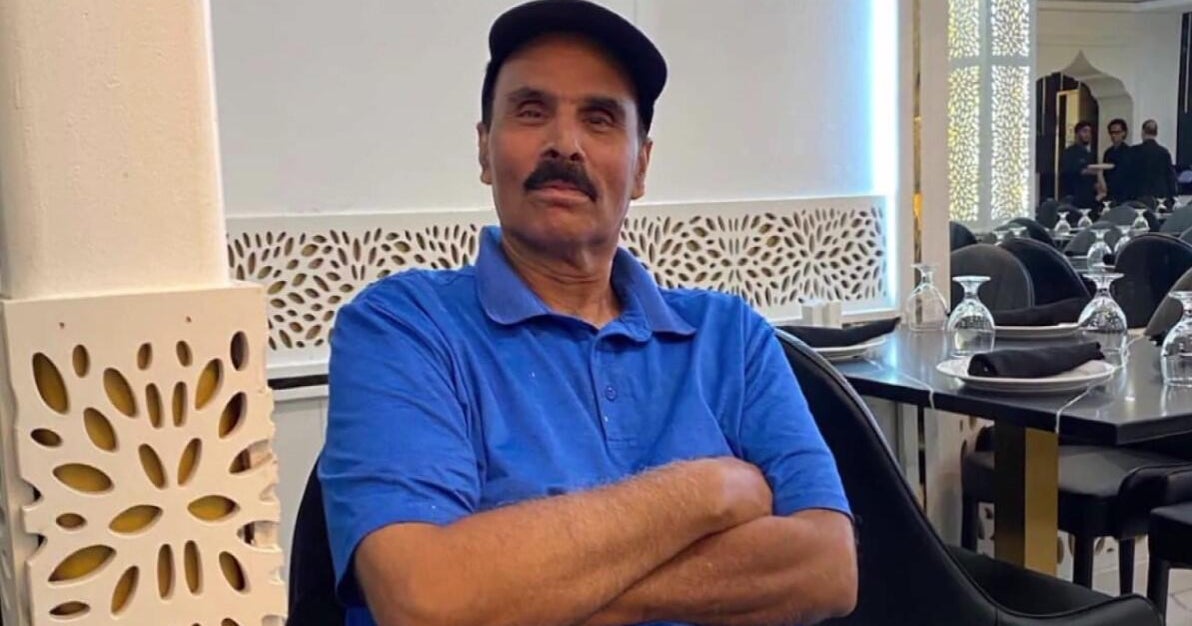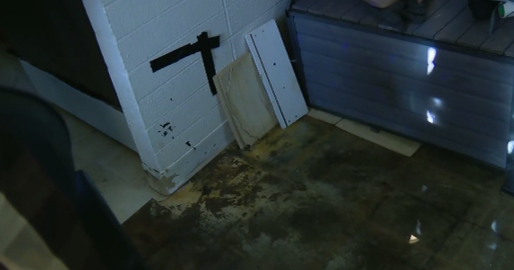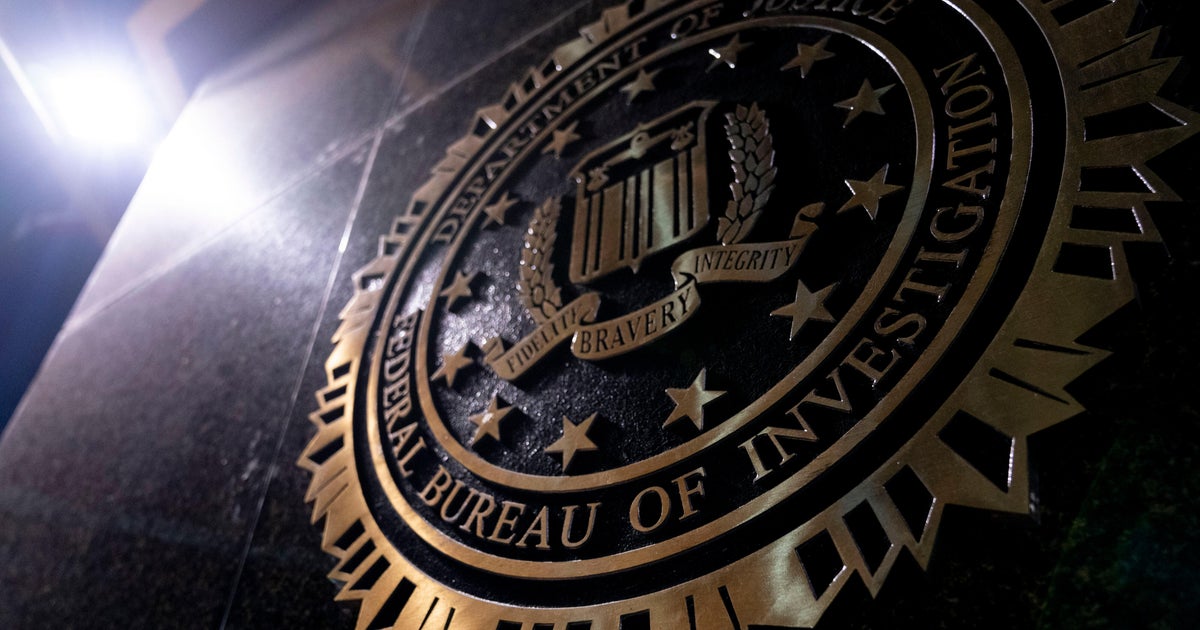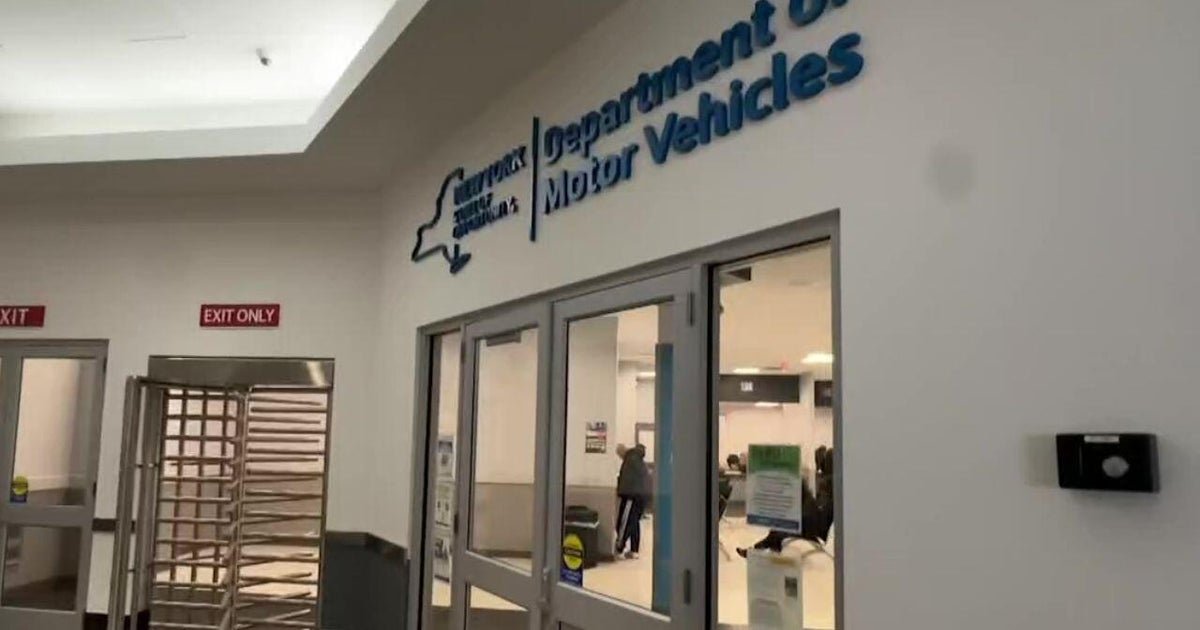Flaco the Eurasian eagle-owl still flying free 1 year after escaping Central Park Zoo
NEW YORK -- New York City's most popular owl is still flying free one year after escaping the Central Park Zoo.
Flaco, the Eurasian eagle-owl, escaped on Feb. 2, 2023, and to this day, birders are still following Flaco's movements around Manhattan.
"Success against great odds. Flaco epitomizes that," bird enthusiast David Barrett said.
A hero for New Yorkers is how Barrett describes the 13-year-old owl, whose popularity took flight in the past year.
It started with a criminal act -- someone cut the stainless steel mesh of his zoo exhibit on Feb. 2 of last year, and he flew out. Police still haven't made any arrests. Efforts to capture him fizzled out after a few days when the zoo realized he was able to catch his own food.
"We had grave concerns about how Flaco would survive in the city because there are so many threats," said Andrew Maas, with New York City Audubon.
And there still are. While Flaco has been able to quickly adapt to eating the rats in high supply citywide, they themselves could be infected by rat poison through traps.
"Flaco could ingest the poison itself and that would be deadly, so we are very much advocating for alternative use, alternative means of rodent control," Maas said.
The Central Park Zoo says it's monitored him over the past year, adding:
"We appreciate all those who care about the well-being of the Central Park Eurasian owl ... This criminal act has jeopardized the safety of the bird ... We are prepared to resume recovery efforts if he shows any sign of difficulty or distress."
Flaco has traveled quite a bit around the city within the past year. He left Central Park in late October of last year and even went down to the East Village. He now spends his time on the Upper West Side in apartment building courtyards.
"He seems to be living a life of purpose now. You see that in the way he behaves. He gets ready for fly out. He gets ready to hunt. He takes great care of himself," Barrett said.
If you are lucky enough to see Flaco, it's recommended you stay quiet, move slowly and admire from afar. Bird experts also urge you not to use flash photography in front of Flaco because it could damage his eyes.
Flaco will turn 14 this year. Birds of his kind have a life expectancy of 20 years in the wild or as long as 60 years in captivity.

